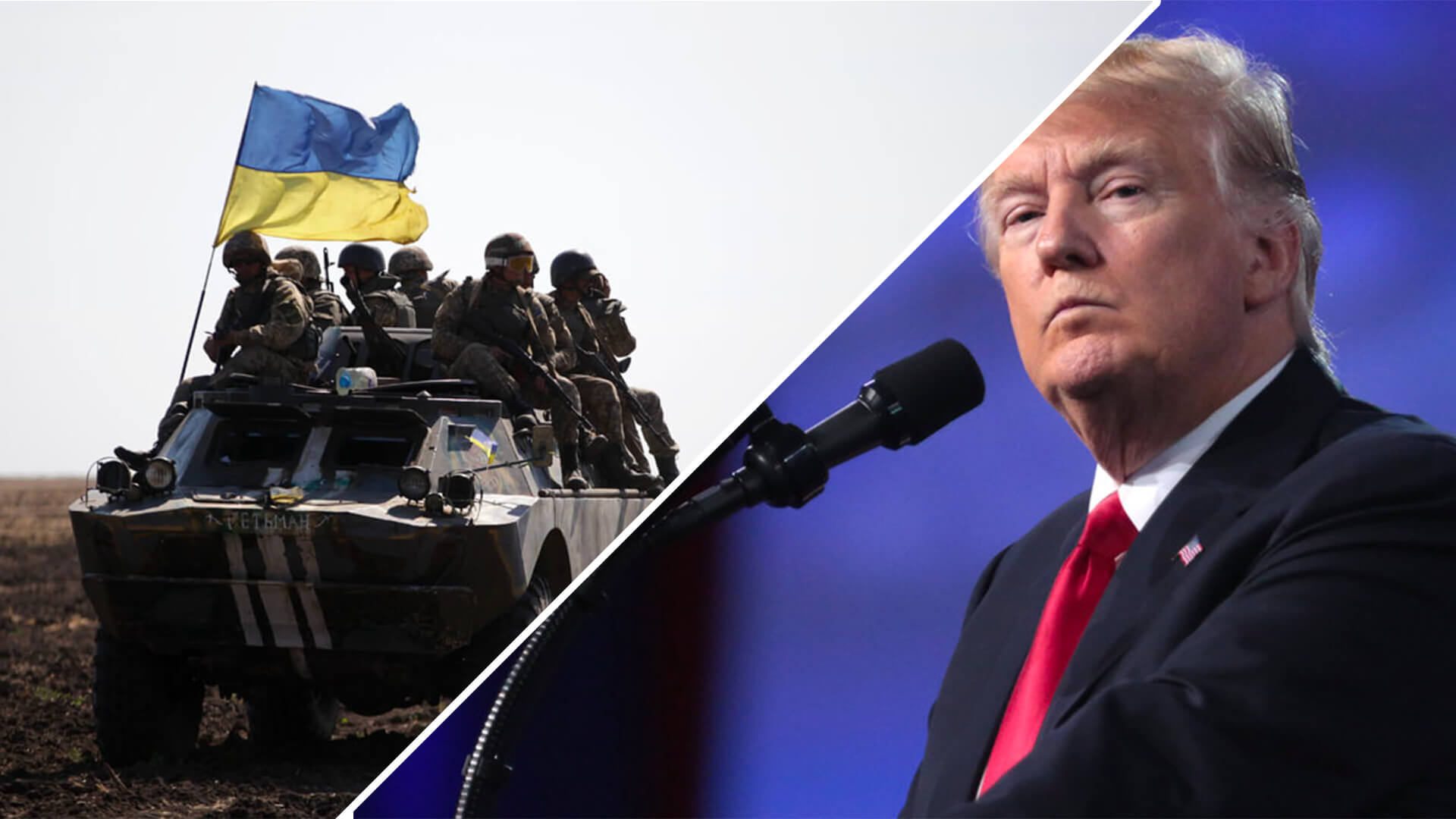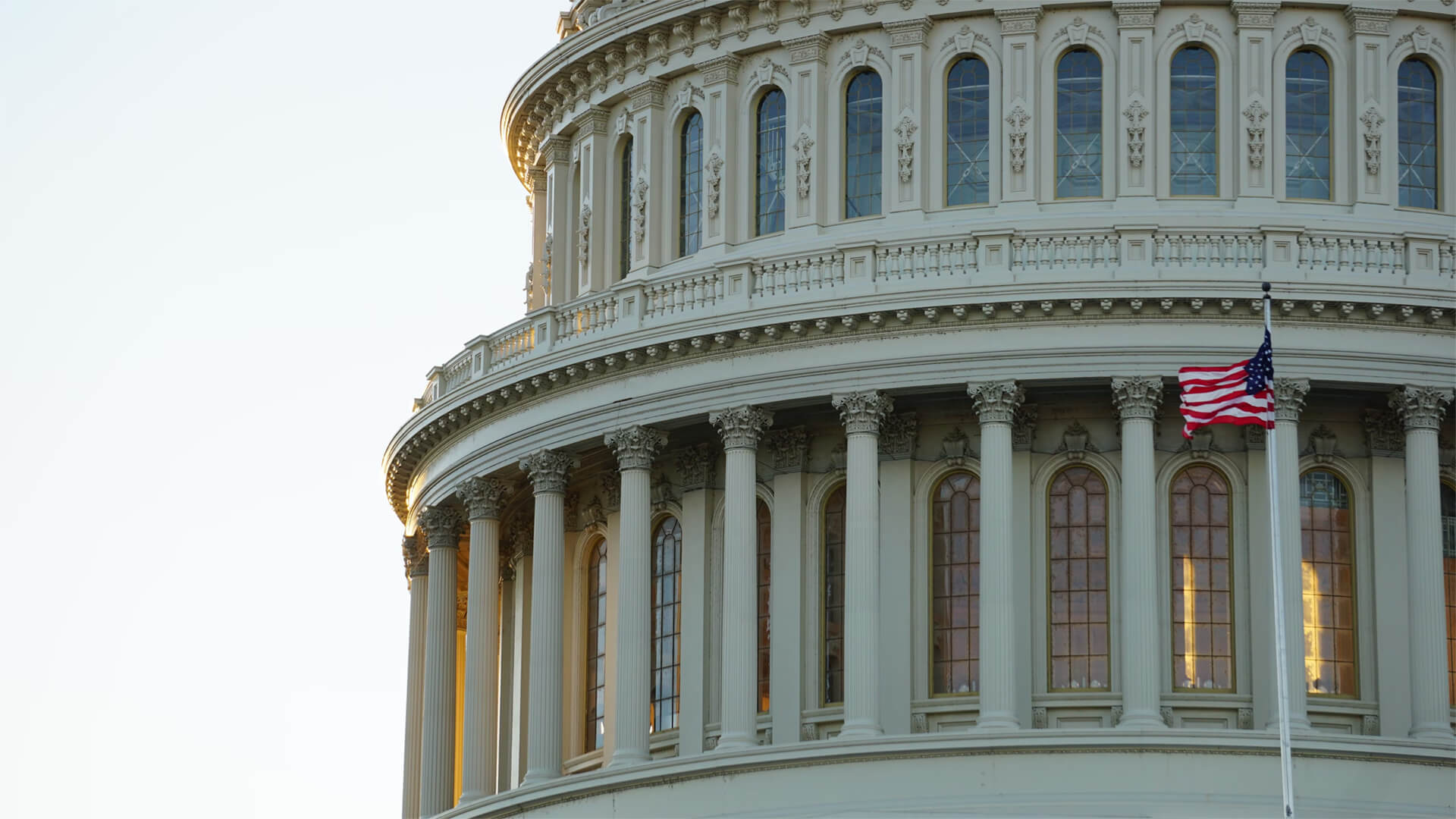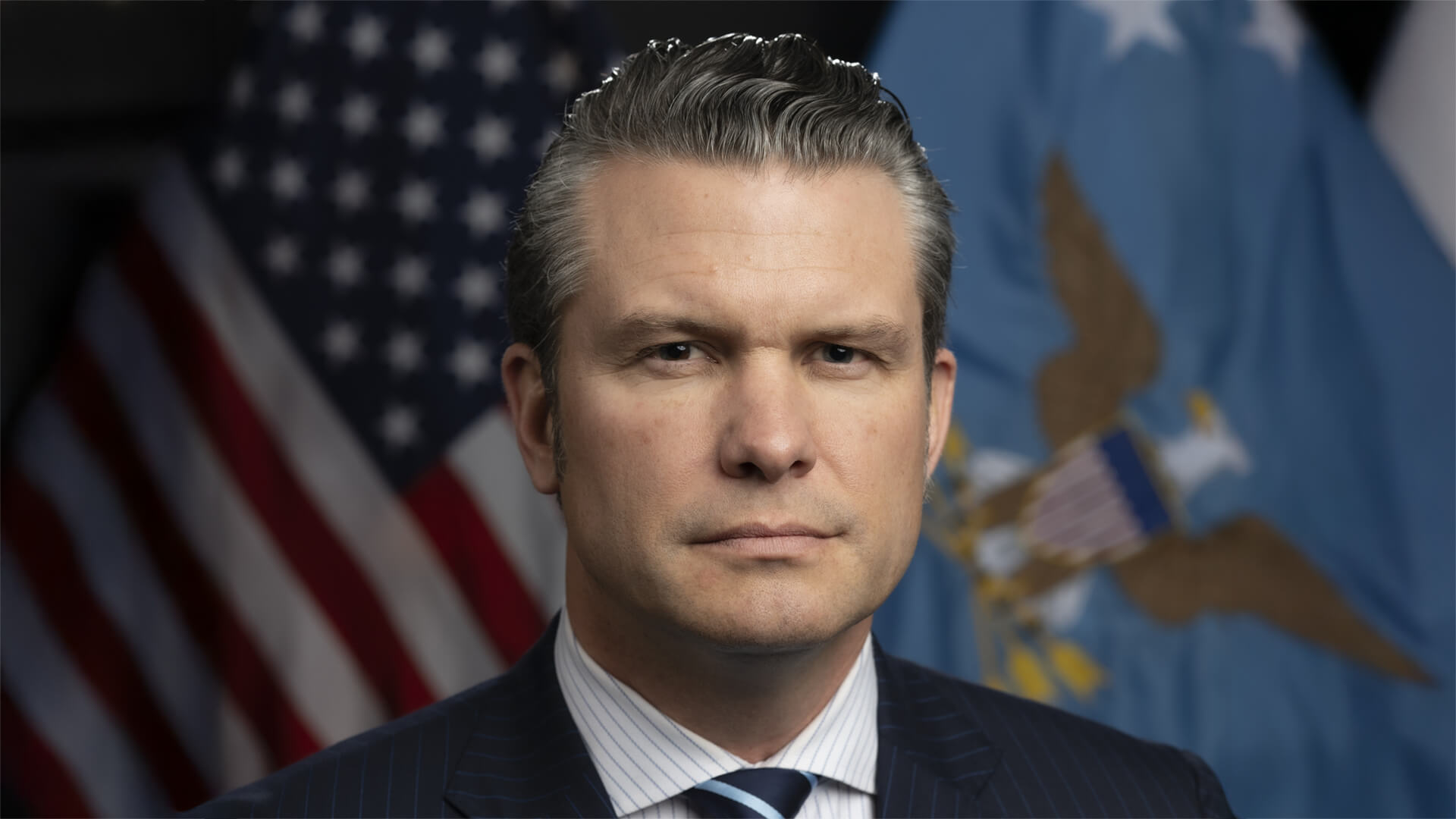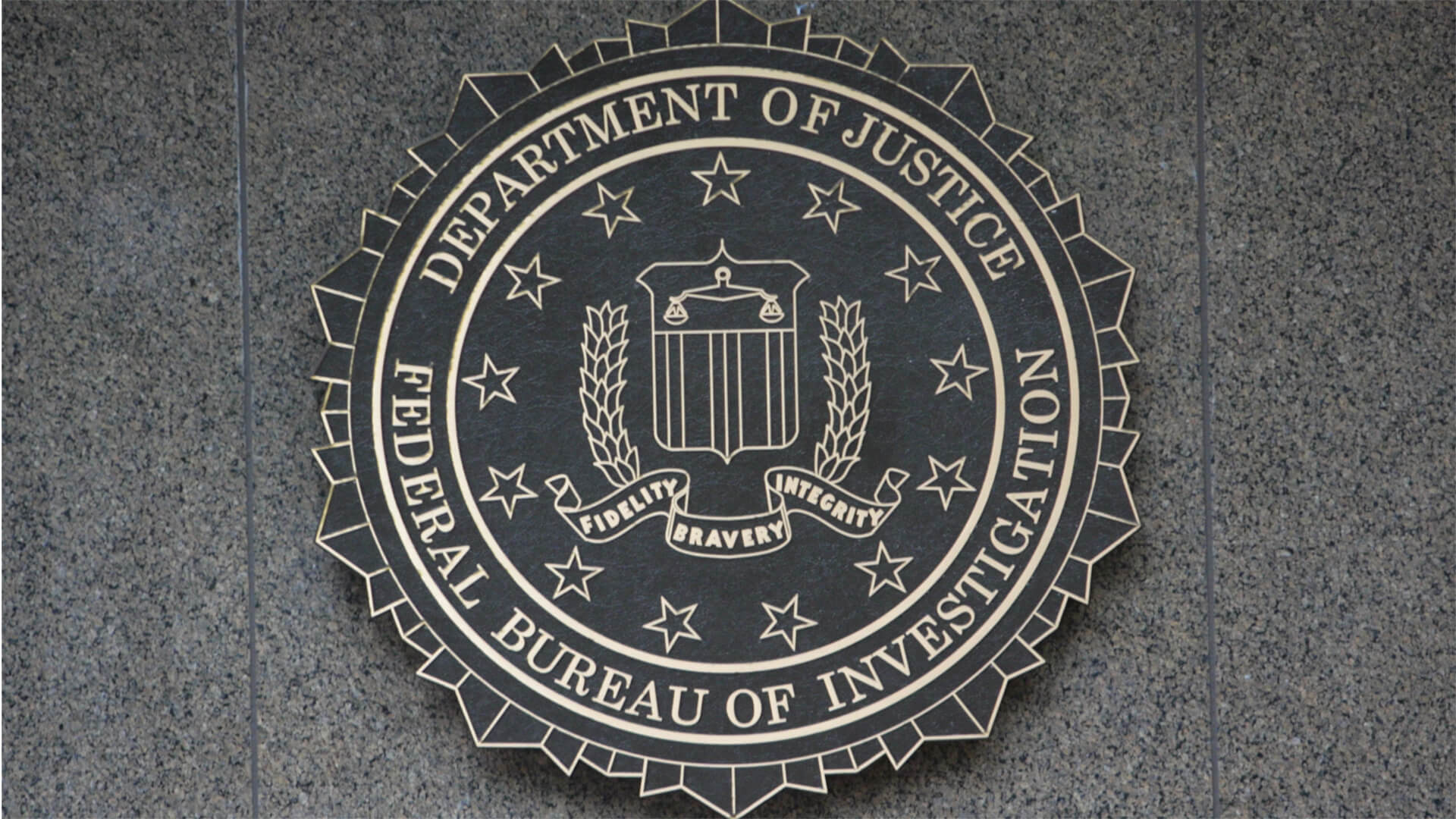President Trump might finally be throwing the Ukrainians a bone, as the US may begin providing the precision targeting intelligence for strikes deep inside Russia. This marks a major shift in US policy on Ukraine.
Let’s zoom out first. For decades, US presidents would avoid actions that could spike global energy prices. Well, that held true through Trump’s first term and until Biden left office, but Trump 2 has shaken things up.
The erratic policy implemented by the Trump administration has been hard to follow, but the Russians have gotten more favorable treatment so far.
Things now seem to be shifting. Trump realized that Putin had been playing him this whole time, so Trump may finally be switching up policy. Couple this pivot with Ukraine’s recent strikes on Russian energy infrastructure and we could see Russian oil exports crippled very soon. This means Russia’s main source of funding for the war would quickly dry up. Places like China and Iran will have to decide if they want to bankroll Moscow without any incentives…
Transcript
Good morning, everybody. Peter Zeihan here coming to you from Colorado. Today we’re talking about what’s going on in Ukraine and with the Trump administration. The new news is that the Trump administration. Well, let me rephrase that. Donald Trump personally, says that fairly soon the United States is going to be providing the Ukrainians with precision, targeting information.
For the Russian energy system deep within the Russian Federation itself. Now, there’s a lot of back story that got us to this point. So let’s handle that before we move forward. The US administration, not just this one, all of them going back at least until the 70s. I’ve always been a little paranoid about energy prices as result of just the nature of economics.
Energy demand tends to be inelastic. If you need a gallon of gas to get to work, and the price of gas goes up by 100%, you still need a gallon of gas to get to work. So it tends to be something that is very politically sensitive. And as a rule, political leaders, presidents are unwilling to do things that they know.
We’re going to drive up energy prices. Now that relationship has loosened quite a bit in the last 20 years, largely because of the shale revolution in the United States, which has taken the United States from the world’s largest oil importer to the world’s largest oil exporter, which has some interesting effects on lots of things. But that general feeling remains.
Now, back during the Biden administration, the Ukrainians started targeting Russian energy assets, most notably refineries, in an attempt to disrupt gasoline and diesel deliveries. The military tends to use diesel. The civilians tend to use gasoline. The idea was if we can stop the fuel flows, the Russians will be able to prosecute the war as much. In addition, the Russians don’t have a lot of storage, so if they can’t process fuel, they have a limited export capacity.
And that means that they will have to shut in some production. Well, the Biden administration shut that down because they were afraid of the impact that it was going to have on global energy prices, which is not a ridiculous point of view, but I still think it was wrong because the shale revolution has changed of that. But the previous administration really didn’t understand petroleum energy economics, so I can’t say I’m shocked.
That was the conclusion that they came to enter the Trump administration. The Biden administration was pretty pro Ukraine there just a few things they didn’t want him to do, like targeting energy. The Trump administration has been very erratic. In the early days, they were pathologically hostile to the Ukrainian government, up to and including inviting Zelensky to the white House just so they could yell at him.
And relations. I don’t want to say they’re in the deep freeze, but they have not been great. Trump, as part of his reelection campaign, tried to convince everybody that he and Putin were best bros, and all it would take was one conversation between Trump and Putin for the war to end. Which, of course, was always really incredibly stupid because the war is happening for geopolitical reasons.
And the only people think that the Russians invaded because Biden was president are Trump the people around him and some MAGA hardcore folks is the Russians think it’s hilarious that they’re actually Americans believe this. It’s a strategic issue. It’s a demographic issue. The Russians have been pushing towards the Carpathian since the 17th century. It didn’t change because of who was in the white House anyway.
The Russians have gone out of their way to denigrate the American president, to make fun of them, to call them stupid. In the Kremlin, behind closed doors in European venues with the Chinese. But that information, as a rule, doesn’t make it back to Donald Trump, because Donald Trump has this really weird quirk. He feels that he has to be the smartest person in the room, and he likes to talk a lot.
So what that means is he has gutted the top of the national security and foreign policy staff to make sure there’s no one ever in the room with him that could tell him something that he doesn’t want to hear, or would make him not appear to be the smartest person in the room, which means he’s basically gutted it completely.
He’s not using the State Department. He’s not using the National Security Council. He has, however, installed a woman by the name of Tulsi Gabbard as the director of National intelligence, and she has gone through the CIA and the other intelligence bureaus and basically gutted them of the Russian experts, top to bottom. And she’s also the person who has the final say in what goes into the Presidential Daily Brief.
So she makes sure that anything that makes the Russians look bad doesn’t actually make it into the brief. For example, Putin laughing openly on TV about Donald Trump’s stupidity. Anyway.
Will this time be different? Because we’ve had lots of periods where Trump has got an inkling that something is wrong, and then Tulsi Gabbard has talked him down, or Putin has talked him down. Maybe, and the reason is because there’s another personality involved and this person is absent or his name is Steve Wyckoff. Now, if you remember back to Trump one, Jared Kushner was all the big deal, smart guy, basically served as a presidential envoy and actually got a few things done.
For example, the Abraham Accords, which is the sum of the total peace deals between the Israelis and some of the Arab states. Kushner wanted nothing to do with Trump, too. he saw how the sausage was made from the inside. And Trump won. And he and his wife, who is Trump’s daughter, just bugged out.
And so it’s the dumb sons that are actually in the white House now. Anyway, I’m getting I’m getting off track here. Where was I going with this? Oh, yeah. Wait, wait. Cough. So, what? Cough has no foreign policy experience. And Trump basically entrusted him with the entire portfolio for all negotiations all over the world, all of which have gone really badly.
So when Wyckoff shows up at the Kremlin, the Russians sit him down. They tilt his head back and they pour gallons of Russian propaganda down his throat. He goes Ben back to the white House and vomits that up in front of, the president of the United States. And that becomes gospel. And that is the primary reason, combined with Tulsi Gabbard, as to why we’ve really seen no movement.
But things have changed recently because a couple months ago, if you remember there was a summit directly between Donald Trump and Vladimir Putin, and it was supposed to last for several hours, and it was over very, very quickly. Putin thought he had Trump completely wrapped around his little finger. And if you look at policy from the last six months, that’s not exactly a shock.
But Trump finally realized that this guy had been laughing at him for the whole time. And we started to get Trump looking at other bits of information like, I don’t know, media or talking to his wife. And he started to realize that he had been played the fool and that he was acting like a fool, and that perhaps the only way to change things was to change policy with a wild idea, I know.
So we now have this, potential change in policy. The Ukrainians have started targeting Russian energy infrastructure again. Again, mostly going after refineries, but going after some pipeline places. And they’ve probably now reduced Russian refining capacity by 25%, which is the most it’s been offline since the Russian collapse back in the 1990s. The post-Soviet collapse. If if the Trump administration actually does what it’s talking about doing US satellite guidance combined with the weapons the Ukrainians already have, would be capable of targeting individual pumping stations anywhere in western Russia.
And the Russians export about 5 million barrels a day through their various methods, about two thirds of that going out through the Baltic Sea, in the Black Sea, which are all within range of Ukrainian weapons. If you take out just a couple of the
pumping stations per pipe, those exports go to zero. Now the Ukrainian thinking is if you do that, you basically destroy what has been Russia’s number one income source for the last 30 years.
Oil exports. And then countries like Iran and China, which have been taking money from Russia and sending them drones and drone parts, will have to decide whether they want to directly subsidize the Russian government’s war in Ukraine. I find that unlikely. Iran is really in some dire straits right now. They need the currency.
They don’t want to treat Russia as a charity case. And the Chinese, that’s probably a bridge too far, no matter how bad relations with the United States happened to be. So if that happens and the Russians have to fight on their own, it doesn’t mean that the war is over. But it means you have a catastrophic shift in fortunes on both sides. Will this happen? That’s entirely up to Donald Trump.
He has changed his mind by my math, 77 times since January 20th. Who knows? But once the Intel is provided, for every day that it is there, the Ukrainians will definitely be striking. Both the Russians and the Ukrainians over the last year have been building up their drone capabilities, and we’re now regularly seeing attacks that use hundreds of drones on each side.
You combine that with the precision targeting information, much less Western weaponry, and you can have a really dramatic change in the course of the war in literally a matter of days, and we may about be there.









